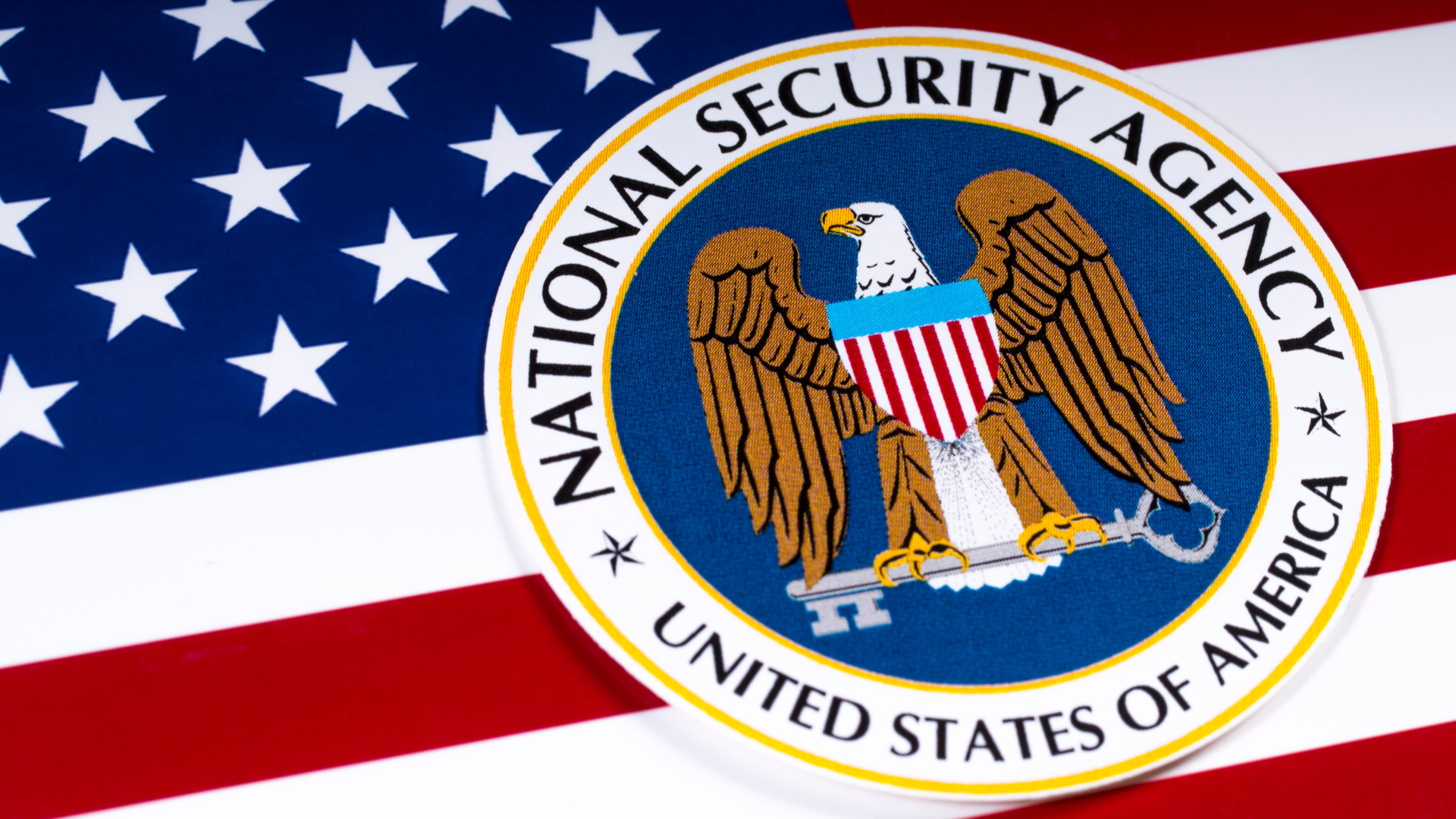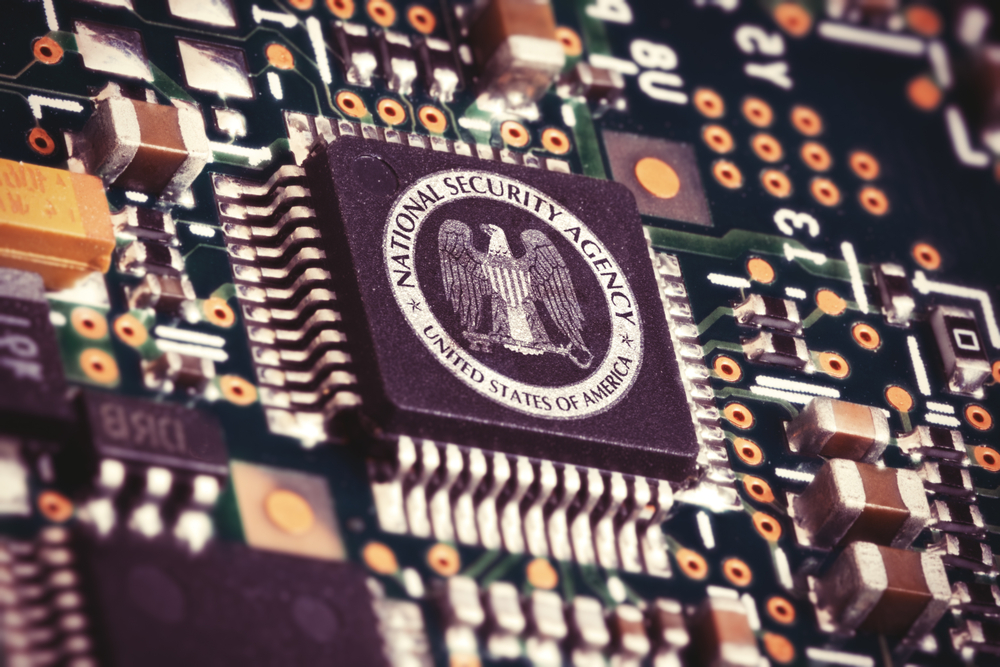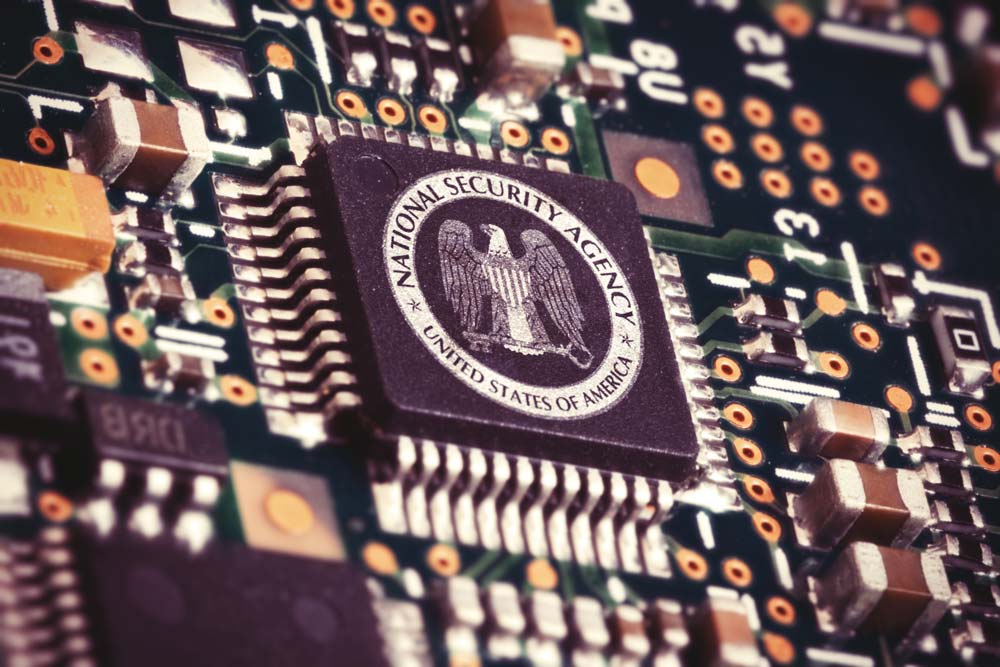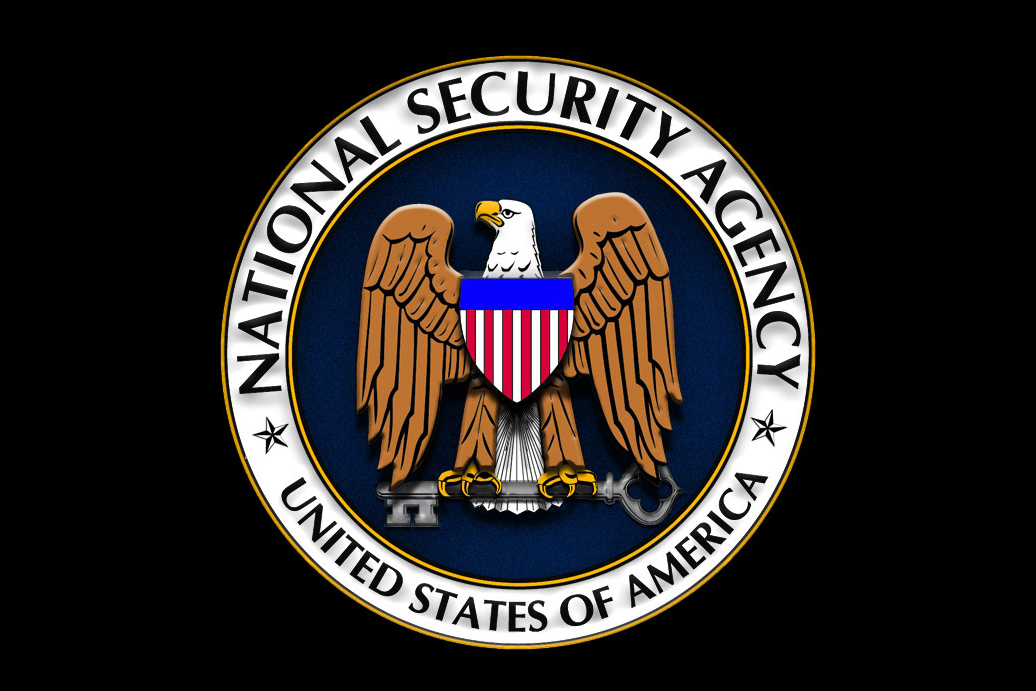Juniper Networks to ditch alleged NSA eavesdropping code
New security systems without the code will be shipped in first half of this year


Juniper Networks is dropping a piece of security code believed to have been developed by the US National Security Agency (NSA) for eavesdropping.
The company announced in December that it had found two backdoors in software that relies on Dual Elliptic Curve (Dual EC) technology, which appeared in 2012 and 2014.
Hovav Shacham, one of the researchers at the University of California, San Diego, who discovered the vulnerability, said the one introduced in 2014 was quite straightforward, according to Reuters.
However, the 2012 code altered the mathematical constant in the company's Netscreen products, allowing the creator to eavesdrop on communications, Shacham and his team claimed.
A separate curve constant, required for some federal contracts and provided by the NSA, was exposed in the documents released by whistleblower Edward Snowden to be the key to the backdoor.
Questions about DEC were raised back in 2007, but Juniper decided to use it anyway the following year. The company issued a patch back in December 2015, which reverted back to this 2008 code, however it is now set to remove the technology all together.
While no culprit has been officially named, Nicholas Weaver, from the International Computer Science Institute and UC Berkley, told Reuters that the NSA is a logical suspect for the development of the original 2008 backdoor, which may have been displaced in the 2012 and 2014 incidences by either top-level hackers or other countries' spy agencies.
Get the ITPro daily newsletter
Sign up today and you will receive a free copy of our Future Focus 2025 report - the leading guidance on AI, cybersecurity and other IT challenges as per 700+ senior executives
In a blog post, Juniper Networks said: "After a detailed review, there is no evidence of any other unauthorised code in ScreenOS [the software used in Netscreen] nor have we found any evidence of unauthorised code in Junos OS [the primary Juniper OS]."
"After review of commentary from security researchers and through our own continued analysis, we have identified additional changed Juniper will make to ScreenOS," the company continued.
It then added: "We will replace Dual_EC and ANSI X9.31 in ScreenOS 6.3 with the same random number generation technology currently employed accross our broad portfolio of Junos OS products. We intend to make these changes in a subsequent ScreenOS oftware release, which will be made available in the first half of 2016.
"The investigation into the origin of the unauthorised code continues."

Jane McCallion is Managing Editor of ITPro and ChannelPro, specializing in data centers, enterprise IT infrastructure, and cybersecurity. Before becoming Managing Editor, she held the role of Deputy Editor and, prior to that, Features Editor, managing a pool of freelance and internal writers, while continuing to specialize in enterprise IT infrastructure, and business strategy.
Prior to joining ITPro, Jane was a freelance business journalist writing as both Jane McCallion and Jane Bordenave for titles such as European CEO, World Finance, and Business Excellence Magazine.
-
 CISA issues warning in wake of Oracle cloud credentials leak
CISA issues warning in wake of Oracle cloud credentials leakNews The security agency has published guidance for enterprises at risk
By Ross Kelly
-
 Reports: White House mulling DeepSeek ban amid investigation
Reports: White House mulling DeepSeek ban amid investigationNews Nvidia is caught up in US-China AI battle, but Huang still visits DeepSeek in Beijing
By Nicole Kobie
-
 NSA issues guidance on encrypted DNS usage
NSA issues guidance on encrypted DNS usageNews The US National Security Agency warns enterprises not to use third-party DNS resolvers
By Danny Bradbury
-
 If you're surprised the NSA can hack your computer, you need a reality check
If you're surprised the NSA can hack your computer, you need a reality checkOpinion We’ve reached a situation where OSes are so complex, they're impossible to secure
By Jon Honeyball
-
 Shadow Broker exploit dumps five million cyber attacks
Shadow Broker exploit dumps five million cyber attacksNews Kaspersky: Hacking tool leaks fuel cyber criminal activity
By Adam Shepherd
-
 The NSA is sharing projects on GitHub
The NSA is sharing projects on GitHubNews Some of the projects are outdated, but could prove useful to some open source developers
By Clare Hopping
-
 AT&T and NSA collaborated on "vast" surveillance program
AT&T and NSA collaborated on "vast" surveillance programNews Documents reveal the two organisations have been working together for decades
By Clare Hopping
-
 NSA phone spying was illegal, rules US court
NSA phone spying was illegal, rules US courtNews Patriot Act does not cover bulk data collection, says Court of Appeals
By Jane McCallion
-
 Ex-NSA director: Support for insecure cryptography tool "regrettable"
Ex-NSA director: Support for insecure cryptography tool "regrettable"News The solution was riddled with backdoors but was pushed to businesses regardless
By Clare Hopping
-
 Edward Snowden awarded three-year Russian permit
Edward Snowden awarded three-year Russian permitNews The former US intelligence contractor is working in an IT-related job, although he has a modest living
By Clare Hopping